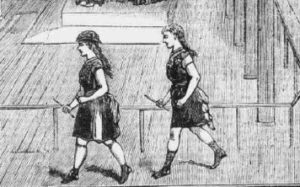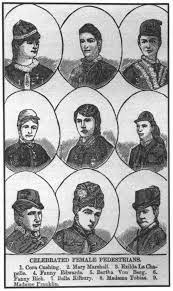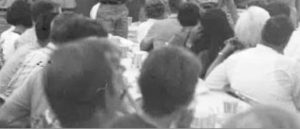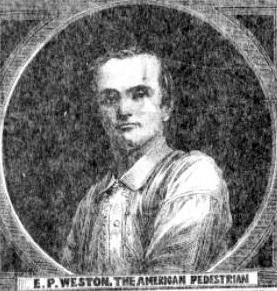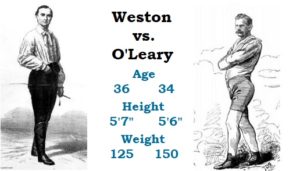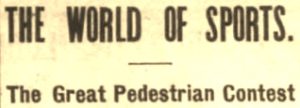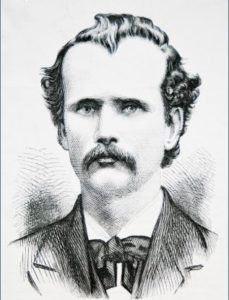Podcast: Play in new window | Download (Duration: 24:27 — 29.7MB)
Subscribe: Apple Podcasts | Spotify | Amazon Music | Android | Pandora | iHeartRadio | JioSaavn | Podcast Index | Email | TuneIn | RSS | More
By Davy Crockett
You can read, listen, or watch



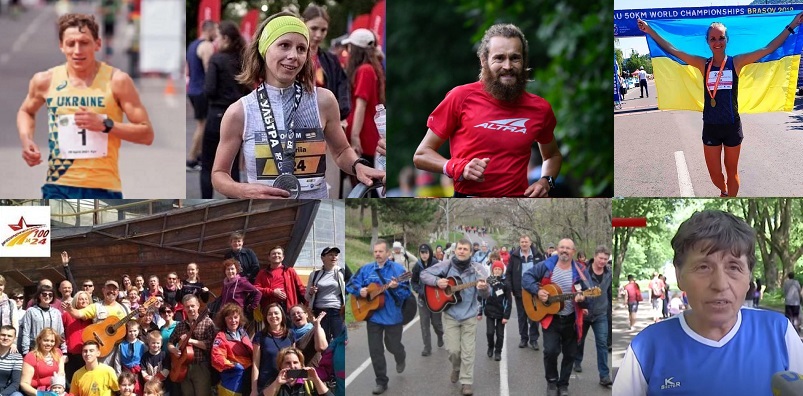
Ultrarunning in Ukraine has had a long, wonderful history since the early 1970s. As the country is being ravaged from war, ultrarunners around Ukraine have turned their attention to survival, defending their country, or fleeing as refugees to other countries. Ultramarathons, once held regularly in Ukraine, are sadly gone for now.
This episode will highlight the history of ultrarunning in Ukraine and profile some of the very talented Ukrainian ultrarunners who over the years have been a great inspiration. Ultrarunners from Ukraine ran with joy in the past, but now they run in fear. With most communications cut off from them, thoughts and prayers go out as they deal with the severe violence taking place in their homeland. Some recent news is being heard from Ukrainian ultrarunners.

